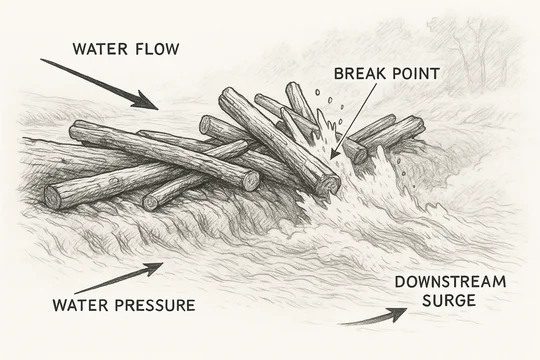It is a live question in this District whether the filing of a complaint for infringement can support a claim - asserted in a later, amended complaint - for post-suit indirect infringement or post-suit willful infringement. Judge Burke recently offered some helpful comments on his views regarding this question, and at the same time, provided some guidance about how to allege pre-suit indirect infringement.
In an R&R issued February 7 in Icon Health & Fitness, Inc. v. Tonal Systems, Inc., C.A. No. 21-652-LPS-CJB, Judge Burke addressed two separate questions. First, whether the amended complaint adequately pleaded pre-suit indirect and willful infringement, and second, whether it adequately pleaded post-suit indirect and willful infringement.
Pre-suit allegations
Judge Burke first addressed whether ICON's amended complaint adequately alleged pre-suit knowledge and intent sufficient to support claims of inducement and willful infringement. In the motion to dismiss briefing, ICON argued that the defendant's pre-suit knowledge was demonstrated by the facts that, inter alia, (1) the patents-in-suit were related to - and otherwise similar to - patents asserted in another action between the parties; (2) the parties are competitors; and (3) defendant's awareness of ICON's campaign of infringement suits.
Judge Burke pointed out a hurdle for ICON:
The problem with ICON’s argument is that many of the facts associated with the above assertions are not actually pleaded in the FAC. . . . And beyond that, the FAC surely makes no attempt to muster the above-referenced facts together and assert or allege in some understandable way that Tonal knew of the patents-in-suit as of (or very close to) the dates that those patents issued. To do so, the FAC would need to use words that form sentences that actually say something like this. It does not do that. Instead, it alleges only that Tonal knew of the patents as of “the date the present action was filed”—an allegation that, despite ICON’s argument to the contrary, . . . can only be reasonably understood in context to mean that Tonal learned of the patents as a result of receiving the original Complaint itself. And a plaintiff is not permitted to amend its complaint by way of arguments set out in a brief opposing a motion to dismiss.
(emphasis original).
Post-suit allegations
With reference to the pre-suit claims for induced and willful infringement, Judge Burke concluded that the filing of the original complaint could support a claim induced and willful infringement in the amended complaint. He noted the different views on that question within this District, but offered the below in support of his position:
the Court does not see why an element of a claim like induced or willful infringement (i.e., the element that requires that an infringer have prior knowledge of the existence of the patent-in-suit) cannot be established in an amended complaint, where the evidence alleged is that the accused infringer received an initial complaint in that case and thus learned of the patent that way. That is, the Court does not see why an original complaint, or facts relating to its receipt, must necessarily be walled off from being a relevant piece of fact evidence in a case. Suppose a patentee filed an original complaint that gave the accused infringer notice of a patent for the first time. Then, on the same date, the patentee sent the accused infringer a letter that also gave it notice of that same patent. And suppose later in the case, the patentee filed an amended complaint (or, as noted above, a supplemental complaint along with a Rule 15(d) motion), alleging induced/willful infringement claims and asserting that the accused infringer had knowledge of the patent as of its receipt of the original complaint and/or as of the date of its receipt of the notice letter. Wouldn’t receipt of the notice letter have been sufficient to provide the accused infringer with knowledge of the patent’s existence? And if it would, what is the difference between the knowledge that the accused infringer received via that letter and the knowledge that it received from reviewing the original complaint? In the Court’s view, there is no meaningful difference. Both are viable pieces of evidence that could plausibly establish the knowledge-of-the-patent element.
Judge Burke recommending denying the motion to dismiss with regard to post-suit induced and willful infringement. And he did not completely close the door on the pre-suit claims: "[I]f ICON wants to try to plead induced and willful infringement claims that take effect as of March 23, 2021 and April 6, 2021 (or shortly thereafter), respectively, then the Court recommends that it be given leave to file a further amended complaint seeking to do so."
If you enjoyed this post, consider subscribing to receive free e-mail updates about new posts.





